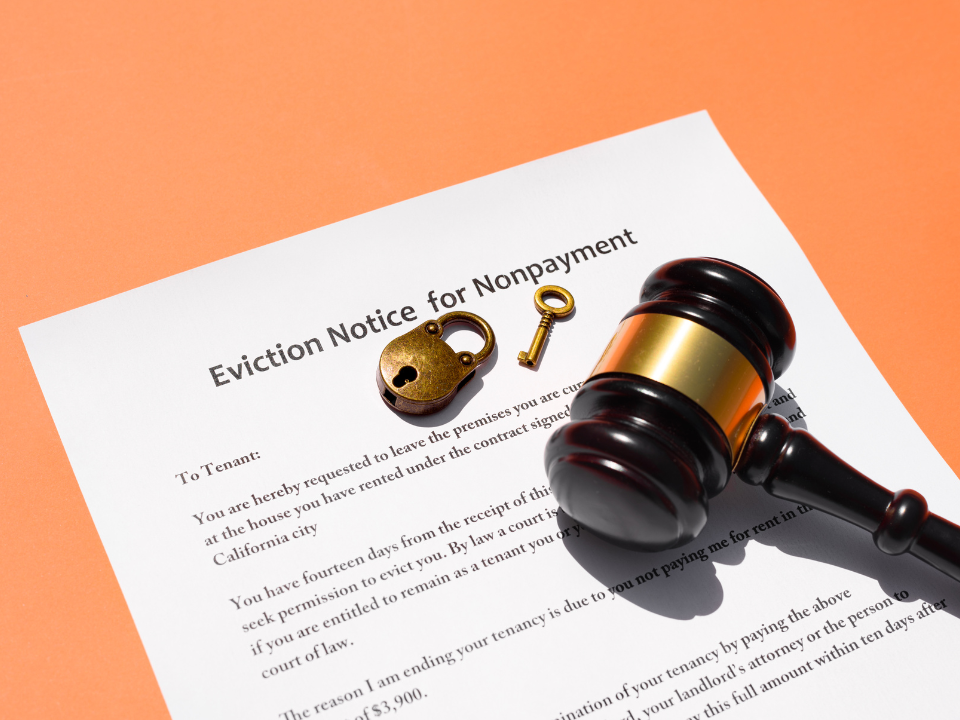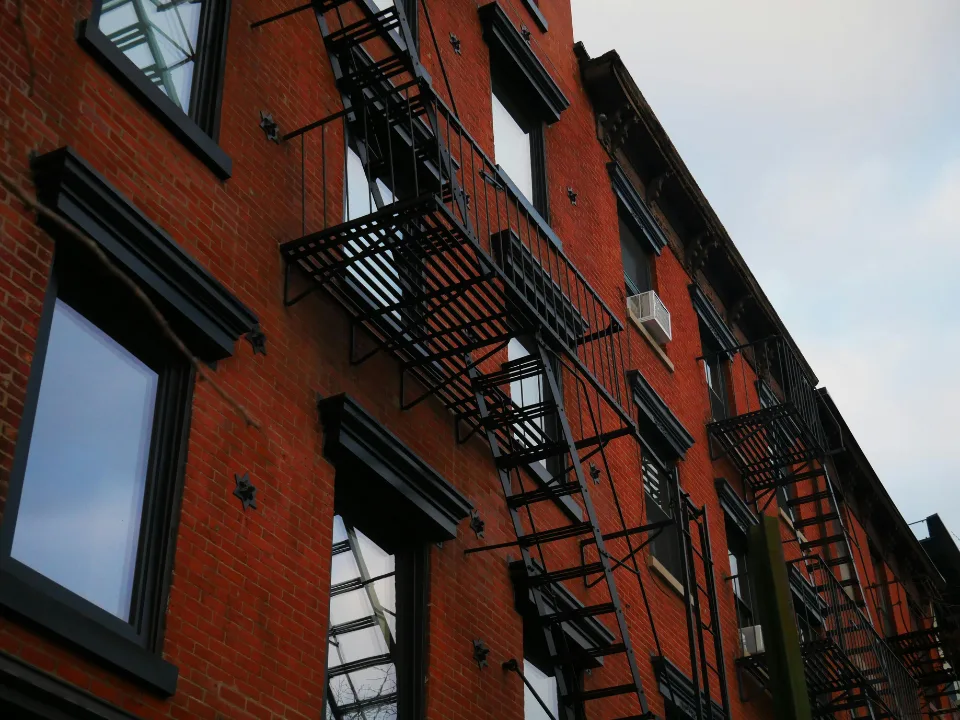- Philadelphia’s eviction diversion program requires landlords to negotiate with tenants out of court, contributing to 41% fewer eviction filings compared to pre-pandemic levels.
- The program stands out nationally, with landlords required to participate, which has helped many renters avoid eviction during financial crises.
- Despite landlord concerns, the program has become a model for other cities as housing advocates push for alternatives to traditional eviction processes as rents keep climbing.
While evictions have surged across the U.S. as pandemic-era protections expired and rents shot up, Philadelphia has taken a different approach and managed to lower evictions, as reported in WSJ.
Lowering Evictions
The city’s eviction diversion program, which requires landlords to engage in out-of-court negotiations with tenants before filing for eviction, has led to a significant decrease in eviction filings.
In fact, filings are down 41% over the last 12 months compared to pre-pandemic averages, according to data from Princeton University’s Eviction Lab.
The program, which became a permanent fixture in June after a successful trial run, is designed to address tenant-landlord disputes before they escalate to the courts.
This initiative has helped countless renters, like Mercedes Peterson, avoid eviction during tough times. After falling behind on rent due to an emergency surgery, Peterson was able to work out a payment plan with her landlord through the program, allowing her to stay in her home.
A Collaborative Approach
Philadelphia’s diversion program differs from others because it requires landlords to engage in negotiations with tenants before they can initiate legal proceedings.
By involving counselors and offering creative solutions—such as payment plans or using security deposits to cover back rent—the program aims to keep tenants housed while still ensuring landlords can recover owed rent.
Programs like these gained traction during the pandemic, when fears of mass evictions and homelessness were at their peak.
Now, with rental markets tightening and prices rising, cities like Philadelphia are continuing these efforts to limit the impact of evictions on vulnerable renters.
What Landlords Think
Many landlords support the program, especially when rental assistance is involved.
The city has allocated $34M for rental assistance in 2024, which has helped resolve numerous cases. By preventing evictions, landlords can often recover unpaid rent without lengthy and costly court battles.
However, some landlords express concerns about the program’s scope and efficiency. The Pennsylvania Apartment Association has called for narrowing the eligibility criteria to focus primarily on nonpayment of rent cases.
Others, like landlord attorney Mark Copoulos, argue that while diversion can delay evictions, it sometimes only postpones the inevitable.
A National Model
Philadelphia’s success with lowering evictions is gaining attention around the country. The National Center for State Courts has supported similar programs across 22 court systems, showing promising results in reducing eviction judgments and housing insecurity.
And as housing costs continue to rise, advocates emphasize the importance of finding alternatives to traditional eviction processes.
As Samira Nazem from NCSC points out, “These are not just pandemic response programs,” highlighting the potential for eviction diversion to become a permanent fixture in housing policy nationwide.

















